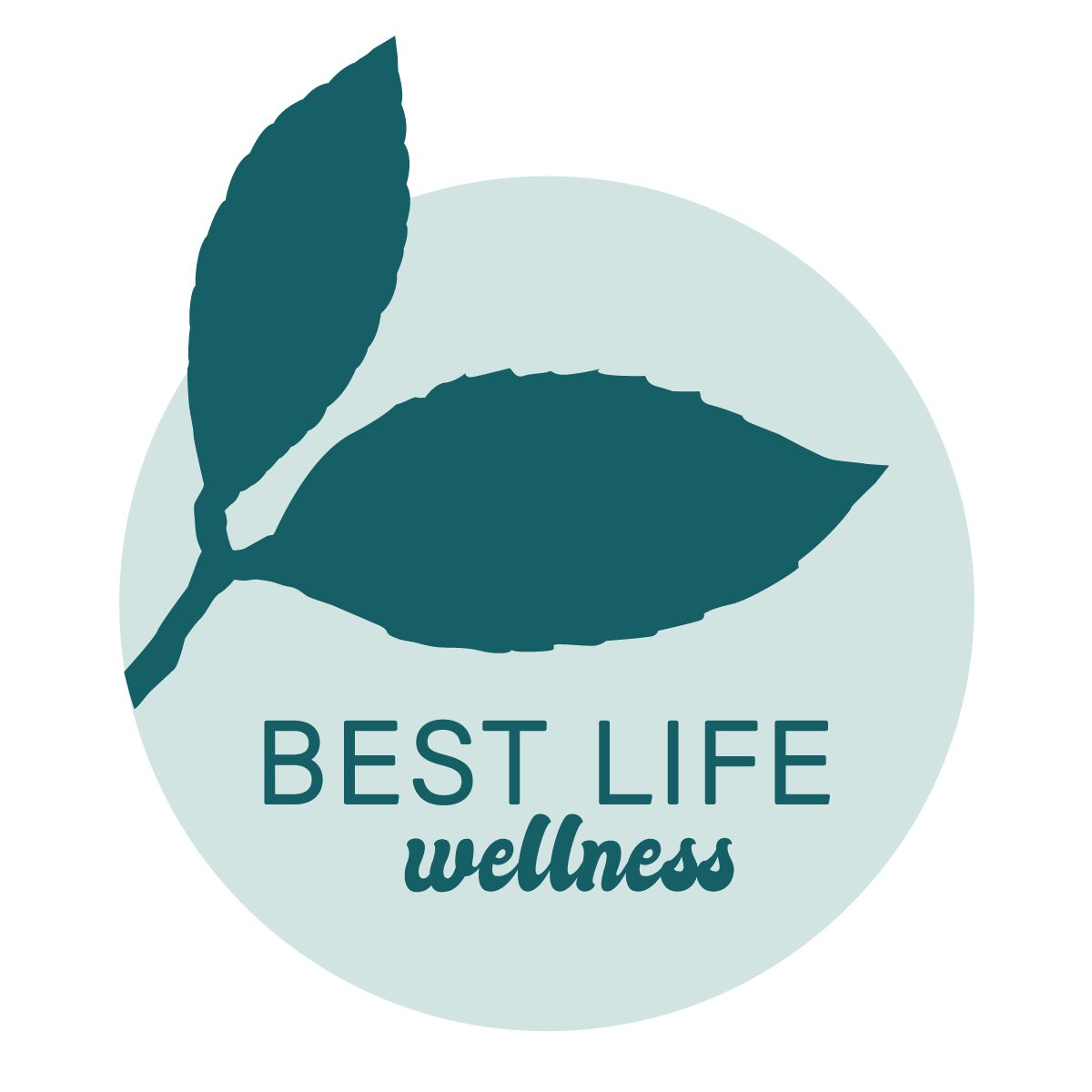In honor of EndoMarch (March is Endometriosis awareness month), I wanted to share my own experiences, both in and out of my acupuncture practice with endometriosis, a gynecological disorder that affects one in ten women.
I think I should have been diagnosed with endometriosis. At one point, about 20 years ago, while I was living in Los Angeles, a doctor told me I “probably had it” but never followed that up with any useful information. Not exactly the solution I had hoped for.
Why would she tell me this? Well, I had excruciating pre-menstrual and menstrual cramps and low back pain – but no other abnormalities that they knew of. Bad cramps shouldn’t be overlooked as “normal”; they indicate an imbalance in the body.
The official diagnosis of endometriosis must come from a thorough pelvic exam, MRI, ultrasound or laparoscopy. The western medicine approach towards endometriosis will mostly involve medication or surgery.
I was given strong pain medication. I used the pills they gave me for the pain and moved on with my life as best I could. I would call off work and social engagements when it was that time. Wrapping up in a fetal position with a heating pad on my abdomen once a month.
I had it much better than some of the people I’ve treated since. Endometriosis can allow cells to spread through the body tissue, causing cyclical pain in many body parts. It can cause pain with bowel movements, excessive bleeding, fatigue, digestive issues, and even infertility. It can affect all organ systems negatively.
It wasn’t until I started learning about different forms of medicine – including diet and lifestyle, traditional Chinese medicine and Ayurvedic medicine – that I realized there was an alternate route for potentially alleviating pain.
There are many different non-Western medicine methods to help with endometriosis. You can reset your nervous system and help relieve the symptoms. Sometimes these treatments can be combined with Western medicine in an integrative approach. I will focus on acupuncture and traditional Chinese herbal medicine.
When I started to see acupuncturist Dr. Wen of Hua Bing Wen Acupuncture Center (who has 35 years of experience, now practicing in Beverly Hills), he told me he was going to focus on yin. Dr. Wen later became a teacher and mentor to me. He is an acupuncturist who specializes in fertility and oncology. (Interesting combo, I know, but somehow poetic)
Yin is so important when treating female patients with most gynecological disorders. Yin is a nourishing part of physiology that represents fluids of the body, including blood and lymph. These fluids help us maintain a healthy state. Blood carries hormones through our body, allowing the body to heal and thrive. An imbalance of yin can account for the development of disease.
When hormones become imbalanced, it can result in a disharmony of fluids in the body. This disruption can be caused by a number of influences – both internal and external. These disruptions can cause things like stagnation or heat in the body, leading to pain.
Acupuncture and herbs can be used to help correct imbalances and create a smooth flow of qi, yin and blood throughout the body. The result is less pain and also less emotional dysregulation. I have witnessed it help so many suffering people firsthand.
If you suffer from endometriosis, dysmenorrhea or another gynecological disorder resulting from hormone imbalances, drop me a line. I would love to help.


